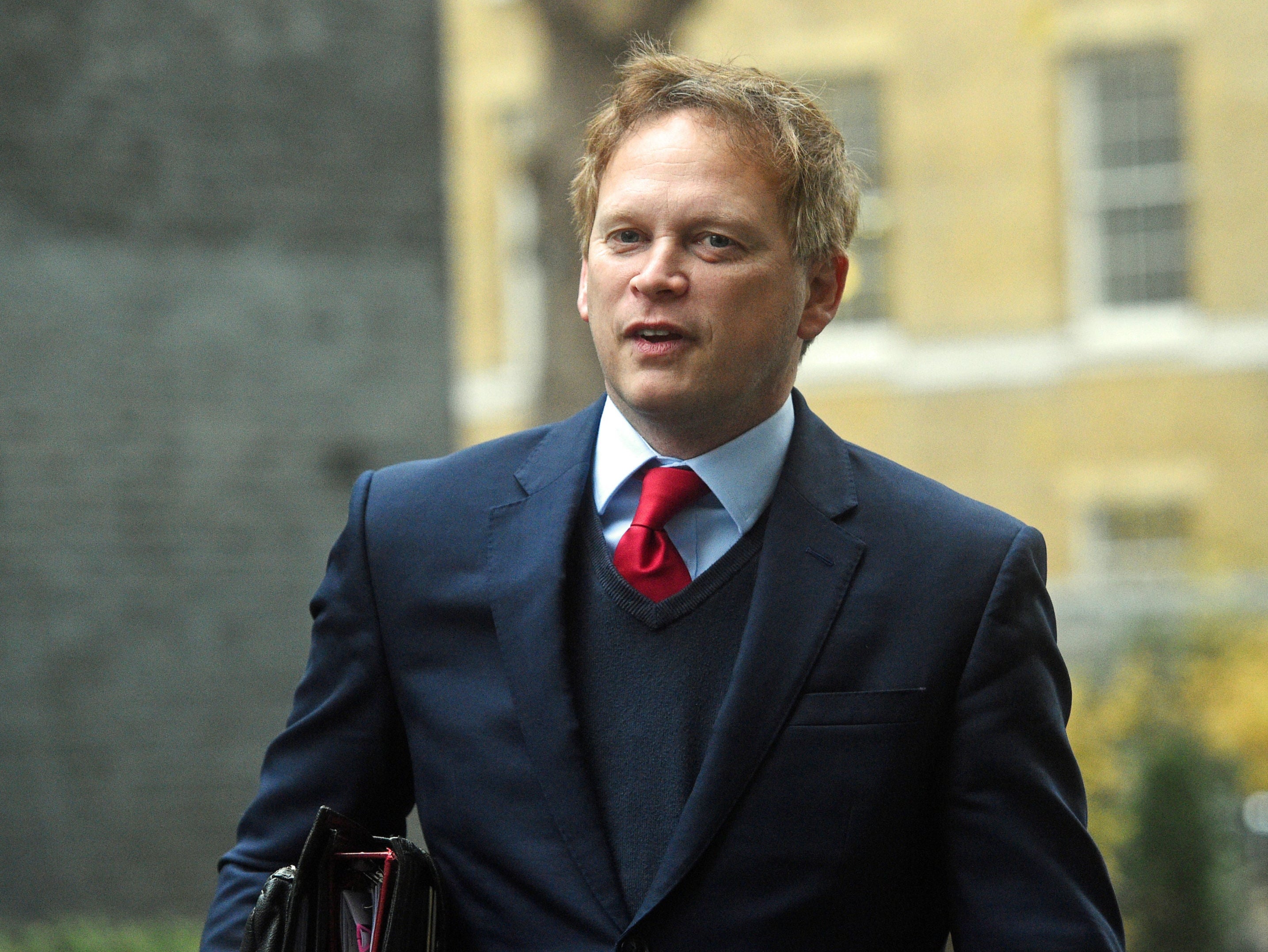Grant Shapps has a sensible rail policy – the only thing he can’t do is make tickets cheaper
The transport secretary might be able to do the difficult job of pleasing both the nationalisers and the privatisers, writes John Rentoul


Something for everyone. Grant Shapps, the incredible two-headed politician, has just announced the renationalisation of the railways and the fix that will finally make privatisation work. Everybody is happy and nobody need ever mention trains again – until the fares next go up.
What no one wants to hear is the truth, which is that rail privatisation has been a success, but the company that owned the network, Railtrack, was renationalised in 2002.
Since then, the part-privatised system has worked pretty well too. Privatisation halted the decline in passenger numbers, which have risen hugely since and continued to rise after the partial renationalisation of the tracks and stations.
There have been problems of coordination, and today’s minor restructuring and rebranding might improve things on that front. But overall, the rail story since 1994 has been one of growth and much-improved services. Many of the problems – overcrowding on commuter lines in particular – have been the problems of success. And the main complaint about trains is that they are too expensive, which is really an argument – given that the taxpayer’s contribution is limited – that other people should subsidise our tickets.
Now that it is safe to mention Tony Blair again, it is worth remembering his dismemberment last year of the simplistic argument that rail renationalisation is popular. He said the claim overlooks the difference between a three-second conversation, a 30-second conversation and a three-minute conversation. He said the three-second conversation goes like this: “Yeah, it should be in public ownership.”
The 30-second conversation is: “You’re going to spend a lot of time on renationalising the railways, and it could cost quite a lot of money, and you’ve got all the things to do with pension funds. So yeah, no, well, maybe.”
Then there is the three-minute conversation: “Here are the big challenges in transport: you’re going to have driverless vehicles, electric cars, you’re going to have to reimagine the entire infrastructure of the country, and you guys are going to be spending all your time on railway renationalisation. I don’t think that’s a very good idea, actually.”
Shapps hasn’t gone as far as reimagining the entire infrastructure of the country, but what he has done is achieve a sensible compromise aimed at the 30-second level of the political conversation. His Great British Railways is modelled on the success of Transport for London, a public body which runs a unified system in which most of the services are run by private contractors.
It’s a good time to announce a restructuring, because the partly nationalised rail system is more nationalised than usual at the moment, and in need of huge amounts of public money to tide it over until passenger numbers start to go back up.
It is hard for Labour to argue against the plan, because better national coordination is one of the supposed benefits of public ownership, and the party’s policy of gradually taking over the franchises as they expire has been overtaken by the events of the lockdowns, which means most of them have had to be rescued by the government anyway.
The plan is a reminder of one of the best kept secrets of the cabinet, which is that Grant Shapps is good at politics. He was one of the better communicators fielded by the government during the pandemic, but he also has the basic strategic skills to take a no-win policy such as the railways and turn it to the government’s advantage.
He has come up with a policy that is not only the right one for managing the boring practicalities of a complex system, but is presented in such a way that it satisfies the incoherent, three-second demand for a “national” railway.
The one thing he cannot do is make tickets cheaper, but in the end the public sees through that kind of Ed Miliband politics: the politics of pointing at things, complaining about how expensive they are, and saying: “There ought to be a law.”
Join our commenting forum
Join thought-provoking conversations, follow other Independent readers and see their replies
Comments
Bookmark popover
Removed from bookmarks